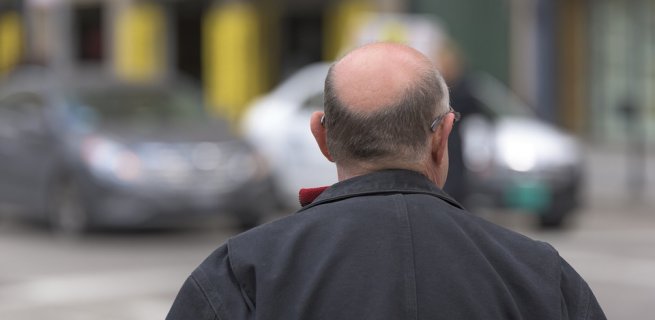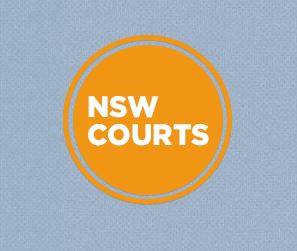It seems the exorbitant cost of medical treatment in NSW has caused one man to take drastic action.
A 52-year-old Port Macquarie man suffering the effects of being kicked in the ‘family jewels’ by a horse – and being unable to afford the recommended procedure – decided to find a more affordable option.
In early May, he placed an online advertisement for assistance with a “medical issue”. The ad was answered by a 56-year-old man and the pair met at a Port Macquarie hotel on 16 May. The older man later performed surgery at his home to remove one of the patient’s testicles.
A week later, the patient was admitted to hospital to repair a wound he sustained during the procedure.
The matter was then reported to the Mid Coast Local Area Command who executed a search warrant at the older man’s home at Glen Innes, seizing medical and electronic equipment, seven firearms and four bottles of a liquid believed to be amyl nitrate.
The man was then charged with recklessly causing grievous bodily harm, removing tissue without authority, not keeping firearms safely and possessing a restricted substance.
He will appear in Port Macquarie Local Court on 13 July.
Recklessly Causing Grievous Bodily Harm
Recklessly causing GBH is an offence under section 35(2) of the Crimes Act NSW (1900) which carries a maximum penalty of 10 years’ imprisonment.
To be found guilty, the prosecution must prove beyond reasonable doubt that the defendant:
- Inflicted ‘really serious harm’ on another person, and
- The injury was inflicted ‘recklessly’; in other words, the defendant should have known their actions could have caused the injury but continued anyway.
The offence also carries a ‘standard non parole period’ of 5 years – which means the court should use that period as a ‘guidepost’ or ‘reference point’ for deciding the appropriate penalty.
Backyard Doctors
The incident follows warnings by the medical associations about the rise in unauthorised procedures around the country. Former Acting NSW Chief Health Officer, Dr Jeremy McAnulty warns:
“Unregistered surgery places people at greater risk from poor surgical outcomes, severe infections and even nerve damage or disfigurement”.
This includes popular beauty treatments like Botox and dermal fillers which, by law, can only be administered by a doctor, or a nurse under the supervision of a doctor.
Sadly, unauthorised procedures are not rare. In February, two women were convicted over the genital mutilation of 6 and 9-year-old girl’s in Australia’s first successful prosecution for the procedure.
The Australian Health Practitioner Regulation Agency says it has been increasingly vigilant in investigating rogue operators – recently raiding a Docklands apartment allegedly being used as a backyard cosmetic clinic.
A 2013 Queensland report reviewed 3000 medical board files, with a Senior Counsel recommending police investigate a number of the cases for possible criminal negligence or grievous bodily harm.
However, converting medical cases into a successful criminal prosecution can be difficult, as demonstrated by the ‘Dr Death’ incidents.
In that case, Jayant Patel, a former doctor, served time in prison for causing the death of three patients at Bundaberg Hospital before being released after winning a High Court appeal.
A public inquiry looked at 87 deaths Patel was linked to, including 13 instances where his negligence was believed to have caused the death of patients. These cases included:
- The amputation of a woman’s leg which was discovered to be gangrenous six days later;
- Heart surgery on a man who was moaning throughout the operation as the anaesthetic was not working properly; and
- Several instances of puncturing vital organs during surgery.
Given these incident, many questioned why Patel was allowed to practice in Queensland for so long.
Indeed, it took two years before the hospital began an investigation into his poor surgical outcomes.
When Dr Patel had previously been employed in New York, complaints led to inquiries which ultimately led to him surrender his medical licence for incompetence.
The ‘timeline of incompetence’ stretched as far back as 1984, when medical authorities first fined Patel $5000 for medical incompetence, and suspended him from practising for six months.











